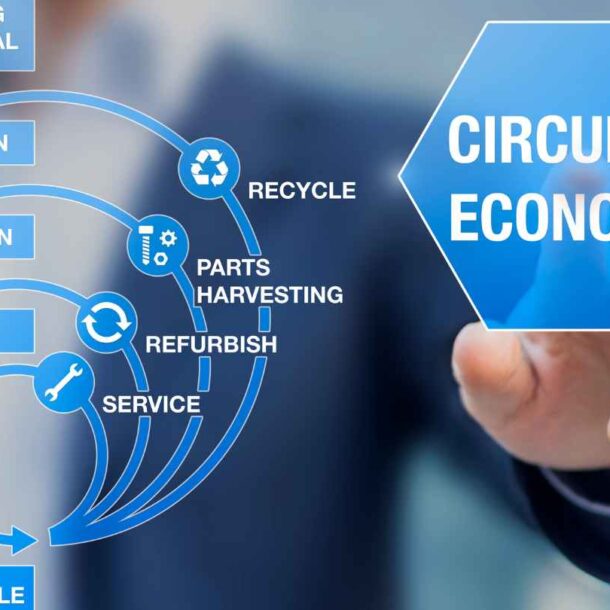
Sustainable Finance: A Guiding Light for a Greener Future
The world is facing a multitude of environmental, social, and economic challenges. Climate change, biodiversity loss, inequality, and poverty are just a few of the pressing issues that demand our attention. In response to these challenges, the concept of sustainable finance has emerged as a critical tool for steering our global economy towards a more sustainable and equitable future.
What is Sustainable Finance?
In essence, sustainable finance is about integrating environmental, social, and governance (ESG) factors into financial decision-making. This means considering the long-term impact of investments not only on financial returns but also on the environment, society, and corporate governance practices.

Why is Sustainable Finance Important?
Sustainable finance plays a pivotal role in addressing global challenges because it incentivizes businesses to adopt sustainable practices. By channeling investment capital towards sustainable projects and businesses, investors can contribute to the development of a more resilient and equitable economy. Moreover, sustainable finance can help mitigate the risks associated with climate change, resource scarcity, and social unrest.
How Does Sustainable Finance Work?
Sustainable finance encompasses a wide range of financial instruments and approaches, including:
Green bonds: Issued to finance projects that provide environmental benefits, such as renewable energy or sustainable infrastructure.
Social bonds: Aimed at addressing social issues such as affordable housing, education, and healthcare.
Sustainability-linked bonds: The bond’s interest rate or principal is tied to the issuer’s achievement of specific ESG targets.
ESG investing: Integrating ESG factors into investment portfolios to achieve both financial returns and positive social and environmental impact.
Benefits of Sustainable Finance
Sustainable finance offers a multitude of benefits, including:
Promoting sustainable business practices: Encourages companies to adopt environmentally friendly and socially responsible practices to attract sustainable investments.
Mitigating climate change and environmental risks: Directs capital towards renewable energy, energy efficiency, and sustainable infrastructure, reducing greenhouse gas emissions and environmental degradation.
Addressing social challenges: Supports projects that enhance education, healthcare, affordable housing, and social inclusion.
Enhancing long-term financial returns: Sustainable investments can potentially generate higher returns in the long run due to reduced risk and better corporate governance practices.
The Future of Sustainable Finance
The transition to a sustainable economy is gaining momentum, and sustainable finance is playing a crucial role in this process. As environmental and social issues become increasingly important to investors, the demand for sustainable financial products is expected to continue to grow. Governments and regulators are also taking steps to promote sustainable finance, developing frameworks and policies that encourage ESG investing and green finance initiatives.
In conclusion, sustainable finance is a transformative force that can reshape our global economy towards a more sustainable and equitable future. By integrating ESG factors into financial decision-making, investors can play a pivotal role in addressing the pressing challenges of our time while generating positive returns. As the world moves towards a greener and more sustainable future, sustainable finance will undoubtedly play an increasingly central role in shaping our global economic landscape.
Americas
New York
Europe
London
Asia Pacific
Singapore
Africa and Middle East
Dubai

